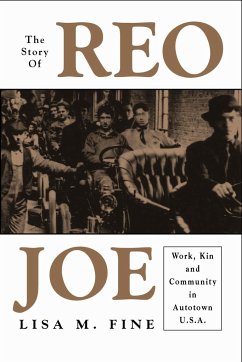Urban historians have long portrayed surburbanization as the result of a bourgeois exodus from the city, coupled with the introduction of streetcars that enabled the middle class to leave the city for the more sylvan surrounding regions. Demonstrating that this is only a partial version of urban history, Manufacturing Suburbs reclaims the now nearly lost history of working-class suburbs by examining the development of industrial suburbs in the United States and Canada between 1850 and 1950. Contributors demonstrate that these suburbs developed in large part because of the location of manufacturing beyond city limits and the subsequent building of housing for the workers who labored within those factories. Through case studies of industrial suburbanization and suburbs in several metropolitan areas (Chicago, Baltimore, Detroit, Pittsburgh, Los Angeles, San Francisco, Toronto, and Montreal), Manufacturing Suburbs sheds light on a key phenomenon of metropolitan development before the Second World War.







